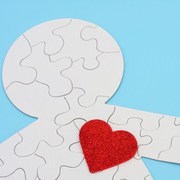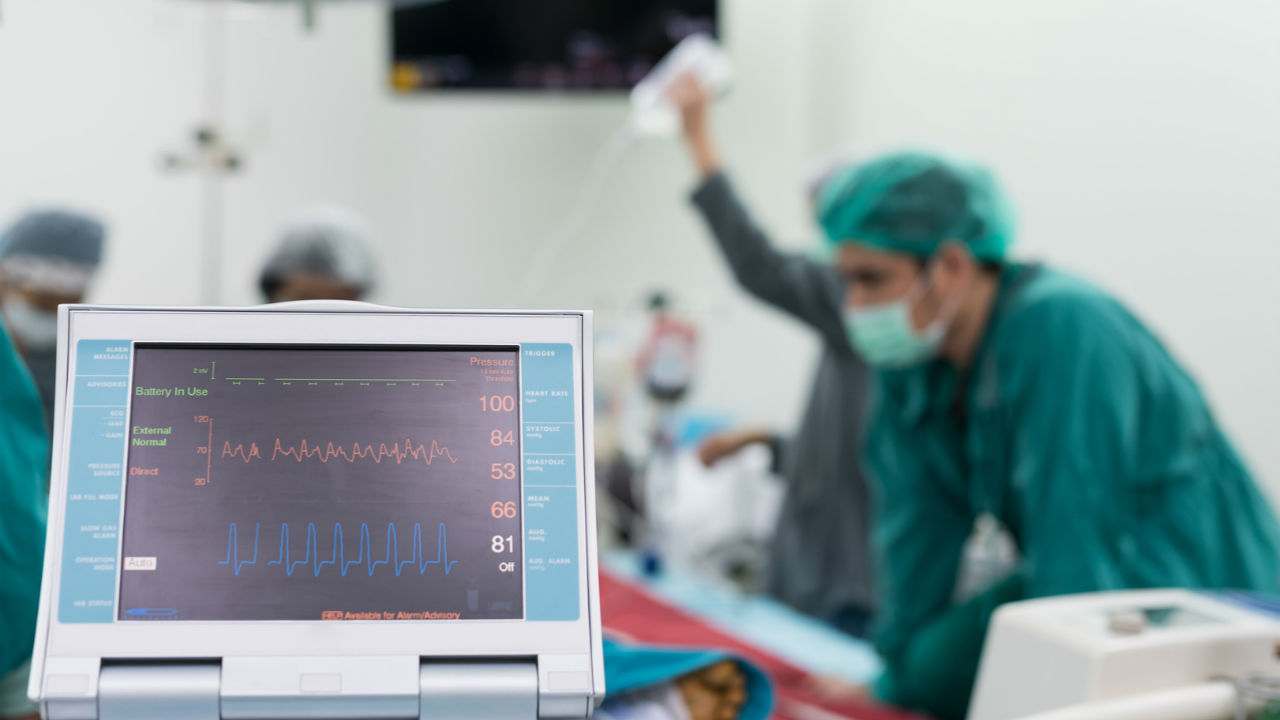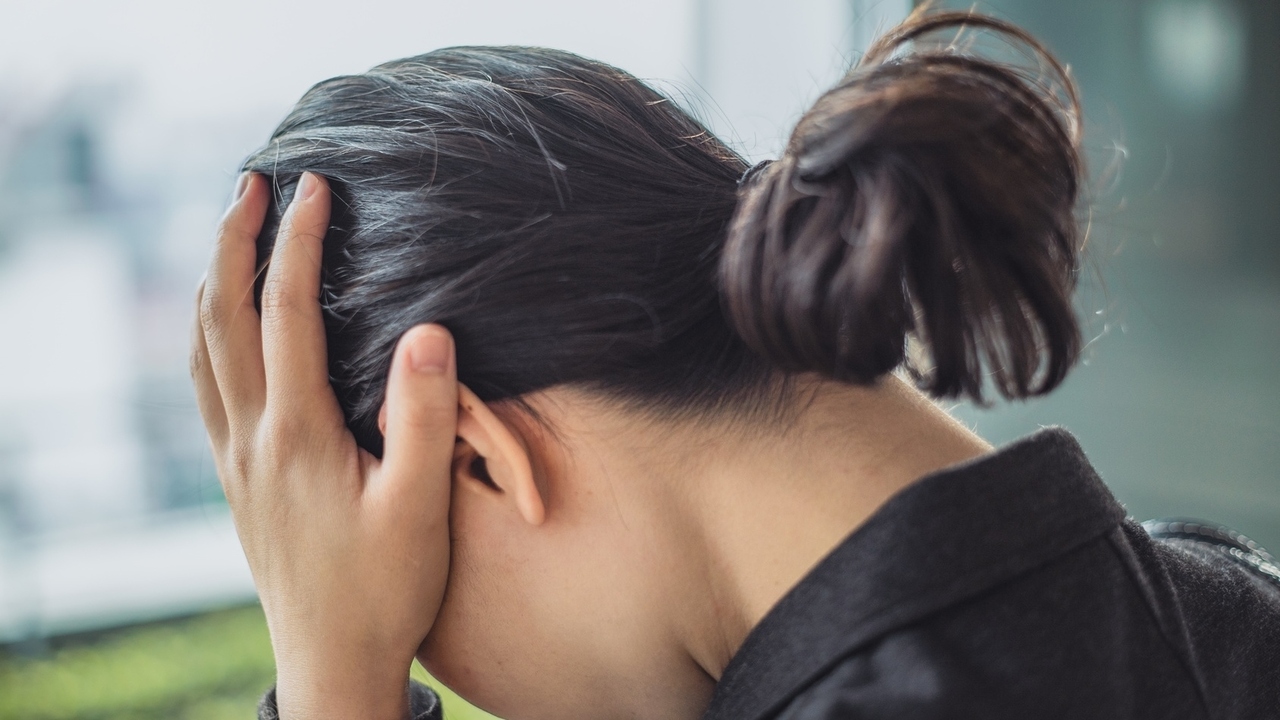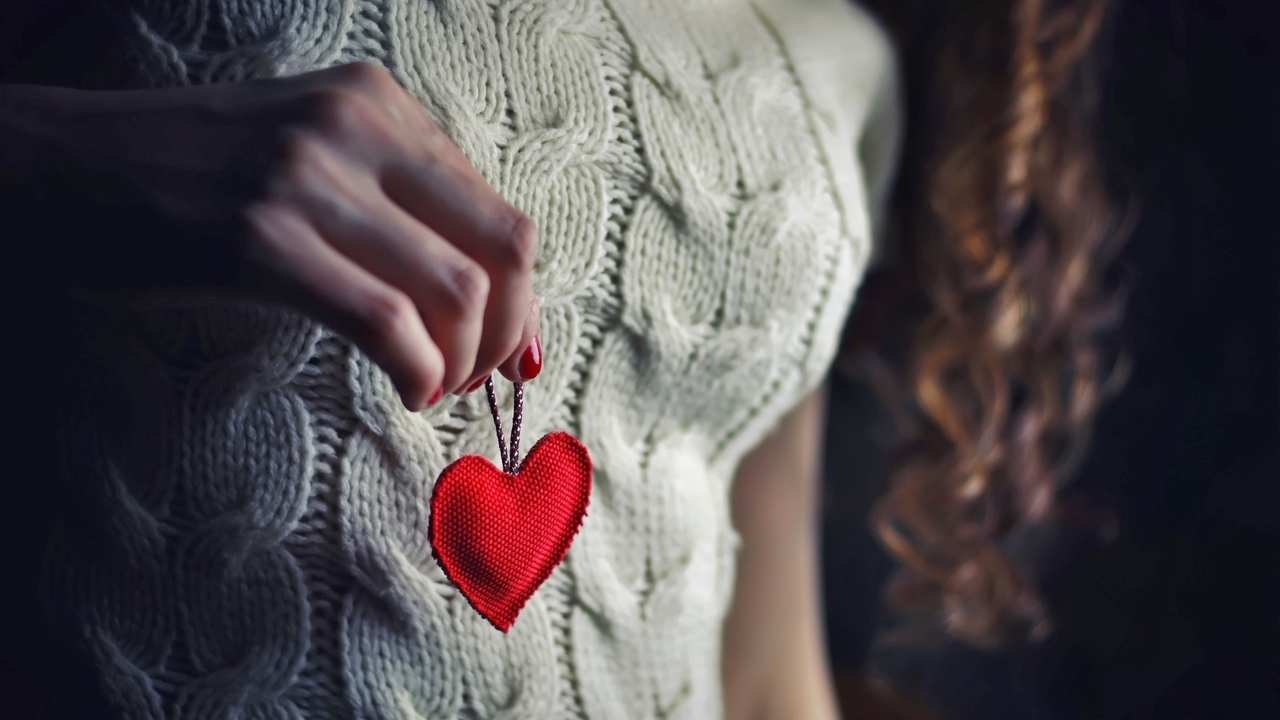 iStockphoto/Thinkstock
iStockphoto/Thinkstock
It’s Friday night and after a very L-O-N-G week at work, you and a few girlfriends decide that it’s time for a GNO - Girl’s Night Out.
You meet at the local pub and are just beginning to relax when a man walking by your table suddenly collapses to the floor.
Talk about adding drama to an already overtaxed week! The man has just suffered sudden cardiac arrest, or SCA. Fortunately for him, you know exactly what to do and spring into action.
The man’s life is saved, the pub gives you and your girlfriend’s drinks on the house for a year, and to top it all off -- you win the local radio station's hero-of-the-year prize which involves a substantial cash prize enabling you to quit work and study art in Venice for a year.
Ahh ... life is good!
While reality seldom mirrors fiction, one part of the above scenario is very real. Sudden cardiac arrest is an extremely serious life-threatening condition which can -- and does -- occur anytime, anywhere, and without warning.
SCA is caused when the heart suffers an electrical-type malfunction and simply stops beating. In most instances, there are no early warning signs that an SCA event is imminent.
Some may experience dizziness or a racing heartbeat just before SCA occurs. Often, the first -- and only -- symptom is when the person loses consciousness and has no pulse. If not treated within minutes, SCA is fatal.
Annually, approximately 250,000 people in the United States die from SCA. Some estimates place the number of unexpected cardiac deaths much higher, ranging between 400,000 and 600,000.
Regardless of the actual number, the reality is that very few victims of SCA -- between 5 and 8 percent -- survive. According to the American Heart Association, performing CPR can double, and in some instances, triple the victim’s chance of survival.
Unfortunately, the vast majority of people -- almost 70 percent -- do not receive any CPR from bystanders, which contributes to the low survival rate.
Are you prepared to handle SCA? Would you know what to do?
If not, then you should. According to the American Heart Association, 88 percent of all cardiac arrests occur at home.
Unfortunately, only 30 percent of us report feeling confident that we know what to do and can handle a cardiac emergency. Because most cardiac emergencies occur at home, knowing how to respond becomes critical to the victim’s survival since you may well be their lifeline until help arrives.
When faced with a possible cardiac emergency, take the following steps:
1. Determine if the victim is responsive.
2. Call 9-1-1 immediately.
It’s important to get medical assistance as soon as possible. Remember to stay on the phone line.
9-1-1 operators are trained improve the cardiac chain of survivability by assessing the situation and then coaching you through CPR and other appropriate actions.
(For a real life story regarding how 9-1-1 operators can improve the chain of survivability, read 9-1-1 Dispatchers: Improving the Chain of Survivability with CPR at https://www.empowher.com/heart-attack/content/9-1-1-dispatchers-improving-chain-survivability-cpr/)
3. Start chest compressions. It’s important to start CPR immediately and continue until medical assistance arrives.
4. Use an AED.
AED stands for automated external defibrillator. If you’re in a school or public facility, send someone to find an AED while you continue chest compressions.
AEDs deliver an electrical shock to the heart that causes it to restart. Most AEDs provide a voice prompt that will walk you through each step of the process.
Don’t let the device scare you. If an AED is available -- use it!
5. Don’t stop until EMS arrives.
If you’re still unsure what to do, help lock the steps in your brain by taking a few minutes of your time to watch a brief instructional video that will walk you through all the right steps.
The HeartRescue Project offers an interactive Save-a-Life Simulator which walks you through all the steps necessary to assess and correctly respond to a cardiac emergency.
Filmed from the viewpoint of the bystander, the Save-a-Life Simulator offers choices at different intervals which take you down paths leading to different outcomes.
To use the Save-a-Life Simulator, visit http://www.heartrescuenow.com/
If you’d like a CPR refresher, the American Heart Association offers an excellent one minute video with instructions on how to perform Hands-only CPR.
To view the video, visit http://www.heart.org/HEARTORG/CPRAndECC/CommunityTraining/CommunityPrograms/CPR-Week_UCM_427219_SubHomePage.jsp/
Remember, doing something is better than doing nothing. Even if you’re unsure what to do, do something!
Because most cardiac emergencies occur at home, the life you save may well be the life of someone you love.
Other resources:
The Heart Rescue Project, Bystander Response Fact Sheet. http://www.reporterville.com/medtronic_heartrescue_project/media_materials/fact_sheet_bystander_response/
Sources:
What is Sudden Cardiac Arrest? National Heart Lung and Blood Institute. April 1, 2011.
http://www.nhlbi.nih.gov/health/health-topics/topics/scda
CPR Statistics: CPR & Sudden Cardiac Arrest (SCA) Fact Sheet. American Heart Association. June, 2011. http://www.heart.org/HEARTORG/CPRAndECC/WhatisCPR/CPRFactsandStats/CPR-Statistics_UCM_307542_Article.jsp
About SCA: Sudden Cardiac Arrest: A Health Care Crises. Sudden Cardiac Arrest Foundation. 2012.
http://www.sca-aware.org/about-sca
Reviewed April 25, 2012
by Michele Blacksberg RN
Edited by Jody Smith






Add a CommentComments
There are no comments yet. Be the first one and get the conversation started!